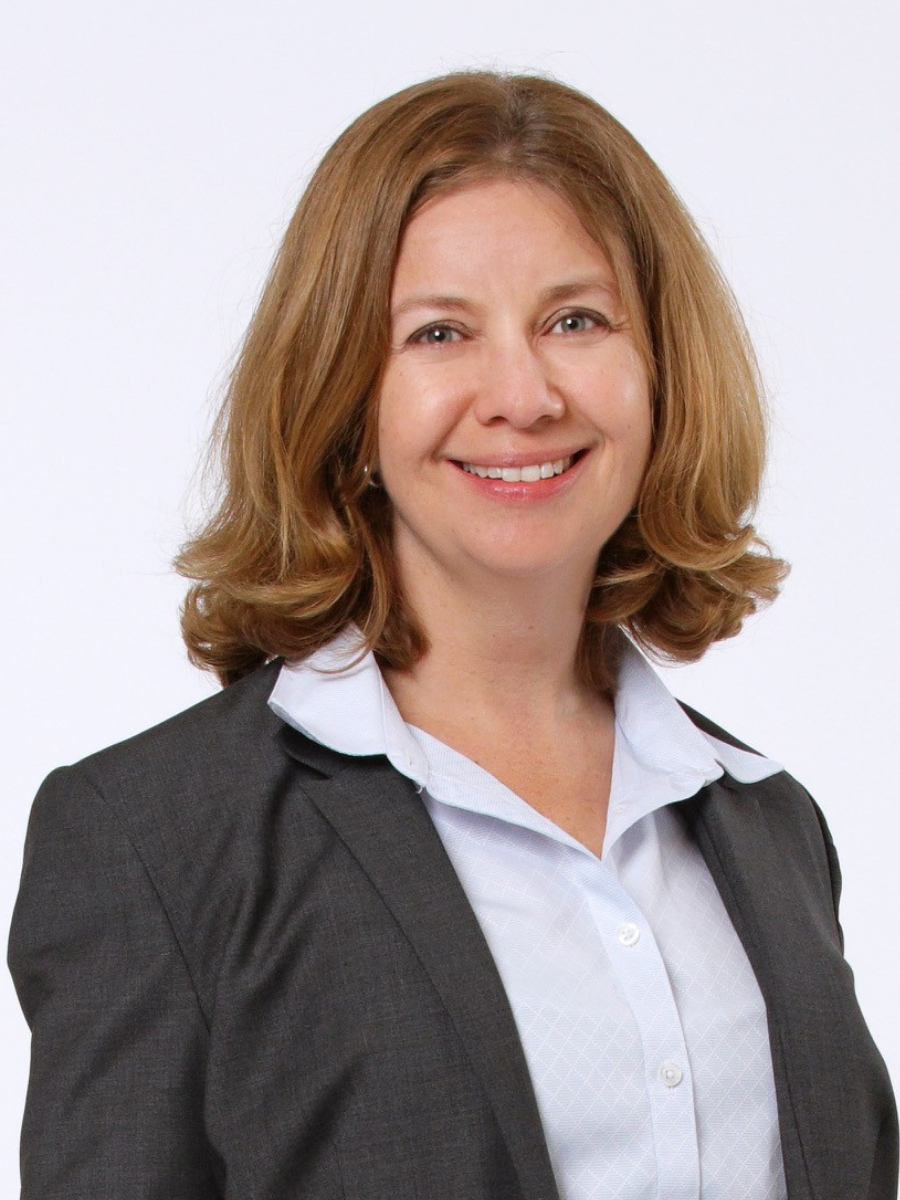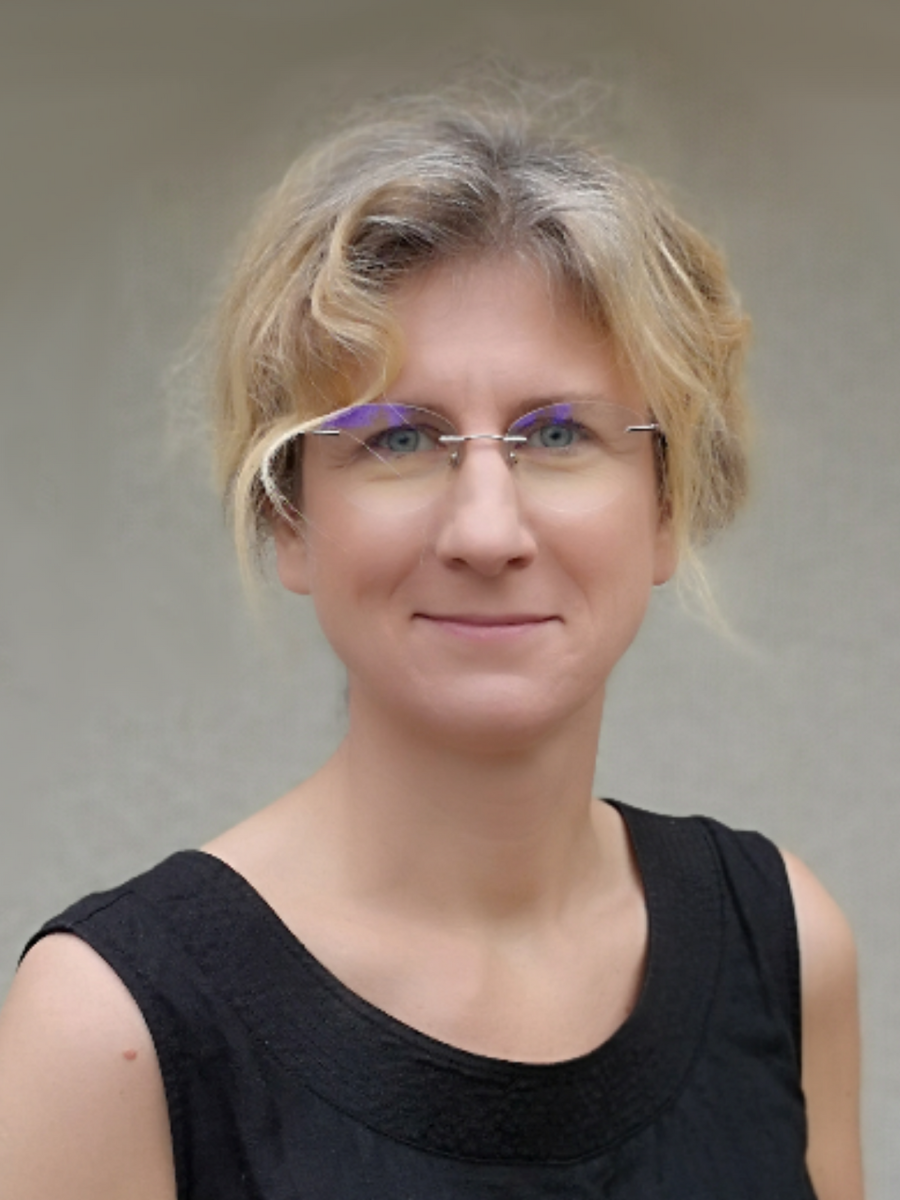EOS Board Election 2024 candidates

Roelene Botha, 43 years old, received her B.Ing. and M.Ing. (electrical and electronic) and BSc (Information technology) degrees from the University of Johannesburg. She attained her PhD in 2008 from Ecole Polytechnique (France) while working on the deposition of dielectric thin films in a low pressure plasma enhanced chemical vapour deposition system. She has several years of experience working in the optical manufacturing industry as production engineer, process engineer and manager as well as in the technology transfer field as research engineer, project leader and manager. Since September 2022 she is working as project manager for innovation promotion at the Canton St. Gallen, Switzerland.
Dr. Botha has been working as treasurer for the European Optical Society since 2021. She wishes to continue to support the EOS in this role. She believes that the further development of the EOS is crucial to increase its impact and ensure the future strength of the European optical community. If re-elected, she will continue to focus on helping to achieve the EOS goals and mission.

Nathalie Destouches is an engineer who graduated from Ecole Centrale Marseille/ENSPM in 1998 and received her PhD from Aix-Marseille University in 2001. She is a professor at the Jean Monnet University (UJM) and conducts her research in nanophotonics and materials science at the Hubert Curien Laboratory.
She currently leads the LAMCID (Lasers, Materials and Colors for citizen Identity Documents) joint laboratory between UJM and the company HID, and coordinates the Erasmus Mundus Joint Master Degree “Photonics for Security Reliability and Safety”. Additionally, she is an appointed member of CoNRS, Section 8.
Her research focuses on the multiscale study of nanostructured plasmonic materials and their interactions with light. She has led 22 academic and industrial research projects, co-supervised 15 PhD students and 8 post-doctoral fellows, given 24 invited talks at international conferences and 16 seminars at international institutions or companies. She has also co-authored 69 peer-reviewed articles and 3 book chapters, and holds 5 patents as a co-inventor.
Professor Destouches believes that a strong European Optical Society is essential for the advancement of European optics. If elected, she intends to leverage the EOS to foster mutually beneficial relationships between European research, academia, industry and the high-tech entrepreneurship.

Philippe Leclere is 58 years old and received his BS and Ph.D. degrees from the University of Liège in Belgium. His Ph.D; thesis was about the elaboration and the characterization of dye-doped polymer films for their use in holography and optical phase conjugation.
Prof. Leclere leads a research group at UMONS in the Physics Department and is Director of the Laboratory for Physics of Nanomaterials and Energy (LPNE). His main research interests are in the field of materials science and more specifically on the characterization at the nanoscale of the morphology, the mechanical, electrical, piezoelectrical, optical and thermal properties of materials by using Scanning Probe Microscopy and Spectroscopy techniques applied to organic and hybrid (flexible) electronics (Light Emitting Diodes, Photovoltaic Solar Cells, Batteries, Nanogenerators, …). Combined to optical and electronic microscopy, he is also developing correlative analyses of materials properties by using Machine Learning processes.
He is the current President of PromOptica (the Belgian association for the promotion of Optics), President of Nanowal (the Wallloon network for Nanotechnology), and the President of the Royal Belgian Society for Microscopy (RBSM).
At EOS, he is member since 2000 and, more recently, he joined the Scientific Advisory Committee (SAC) of EOS and the Editorial Board of the Journal of the European Optical Society – Rapid Communications (JEOS-RP).
Professor Leclere believes that a strong European Optical Society is essential for the future of European optics. If elected, he will campaign for a greater role in EOS affairs for the National Societies and for increased collaboration with other international societies, and promotion of Optics for young people.

Gladys Mínguez Vega obtained her B.Sc. and Ph.D. degrees in Physics from the University of Valencia in 1997 and 2002, respectively. In 2002, she joined the Universitat Jaume I of Castellón (Spain). She has undertaken several research stays in different institutions worldwide, including the Centro de Investigaciones en Óptica (Mexico), the Applied Optics Institute (Poland), Fernuniversität in Hagen (Germany), and Purdue University (USA).
Professor Mínguez-Vega co-leads the Photonics research group "GROC•UJI". Her research interests encompass ultrafast optics and the synthesis of nanomaterials using lasers, with applications in the fields of health and energy. She has collaborated with over a hundred researchers from diverse countries. Moreover, she is aware of the importance of engaging in dissemination efforts that bring optics closer to society. To this end, she has an account on X platform with a professional profile: @MinguezVega.
Professor Mínguez-Vega believes that the advancement of optics can significantly contribute to the United Nations' Sustainable Development Goals, and the European Optical Society can play a major role in this endeavor. If elected, she will advocate for building bridges among industry, academia, and society to bolster optics in Europe. Also, she will have a special sensitivity towards underrepresented groups.

Valdas Pasiskevicius received his PhD from the Institute of Semiconductor Physics in Vilnius, Lithuania. He obtained a habilitation in 2002 from the Royal Institute of Technology, KTH, in Stockholm, Sweden. Since 2009, he has been a professor of physics at KTH. He heads the Laser Physics group at KTH and is the Scientific Director of the KTH Laser Lab research infrastructure. His research interests include nonlinear optics, optical materials, lasers, and applications.
Professor Pasiskevicius has contributed to the optics community by serving as an editor of several scientific journals, by being Program and General chair of CLEO USA, CLEO Europe, Europhoton, Optica Topical Meeting on MidInfrared Coherent Sources, and others. He served on the board of directors of the European Physical Society's Quantum Electronics and Optics Division. He is an Optica Fellow and a member of the European Physical Society, Swedish, and European Optical Societies.
Professor Pasiskevicius is convinced that the European Optical Society shall further strengthen its role by closer collaboration with other learned societies and industrial stakeholders, especially by engaging in initiatives to attract the next generation of engineers and scientists to optics and photonics.

Grzegorz Sęk is 53 years old and received his PhD degree from Wroclaw University of Science and Technology in Poland. In years 2003-2004 he worked as a post-doc at the Chair for Applied Physics, University of Würzburg in Germany. In 2018 he became a full professor. He is currently a Head of Department of Experimental Physics at Wroclaw Tech.
Professor Sęk leads a research group “Epitaxial Nanostructures for Infrared Photonics”. His research interests concern optical spectroscopy, photonics, quantum optics, and exploring properties of nanomaterials for applications in optoelectronics, optical sensing and quantum communication. In 2017 he received Wojciech Rubinowicz Award of the Polish Physical Society for „Pioneering works on optical and excitonic properties of novel epitaxial nanostructures emitting in the near infrared".
Grzegorz Sęk has been leading several international projects, served as project reviewer for different funding agencies and contributed to the organization of many conferences and workshops in photonics.
Professor Sęk recognizes the strong commitment of the EOS in driving the creation and dissemination of new knowledge across Europe. If elected, he will support EOS to strengthen its inclusive role in representing the lively European optical community and he will campaign for its increased collaboration with other international societies.
